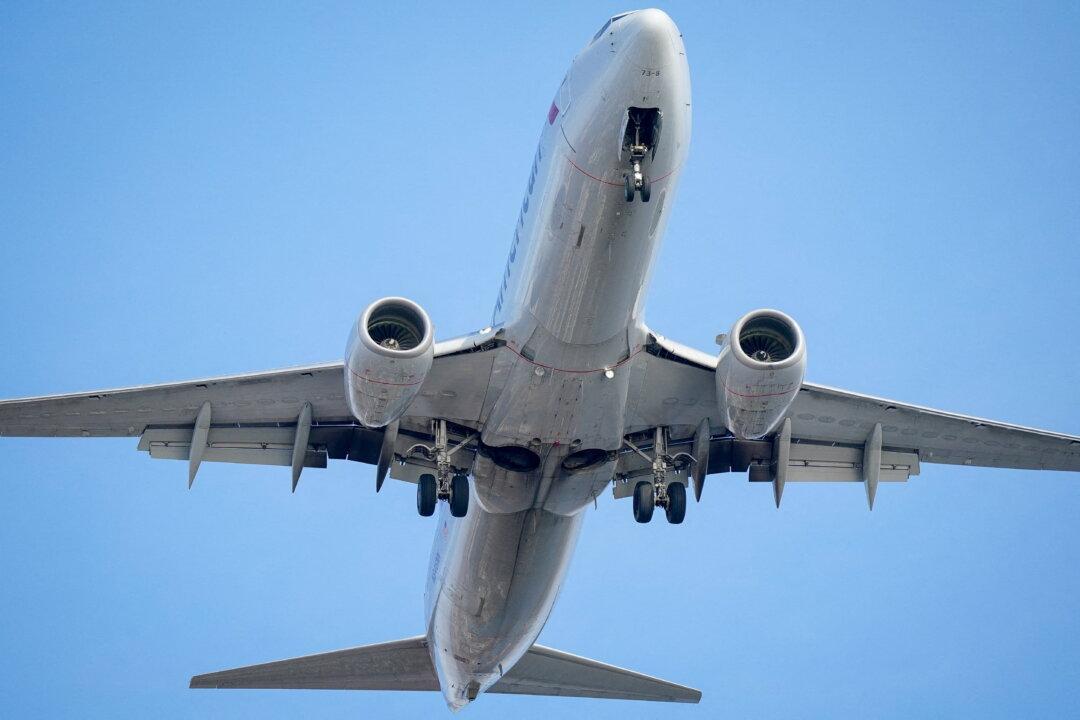WASHINGTON—The Federal Aviation Administration has warned that 5G wireless operations can interfere with radio altimeters in Boeing 737s, impeding a crew’s ability to safely fly or land, but FAA officials stressed the issue poses little practical effect for airlines.
Despite dire-sounding language in the FAA airworthiness directive issued on Wednesday about potential effects on 737 landings, it does not apply to aircraft flying into areas where the 5G environment has been rendered safe for aviation, which the FAA said includes nearly all airports.





